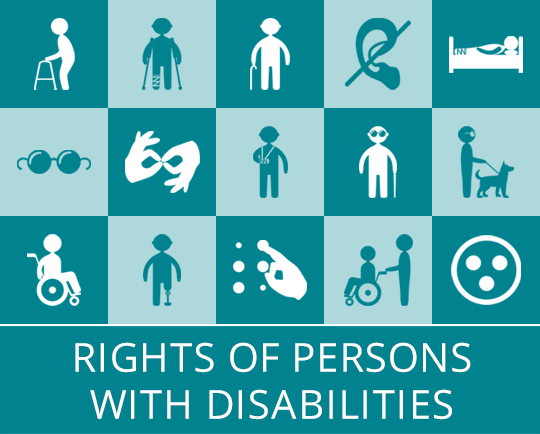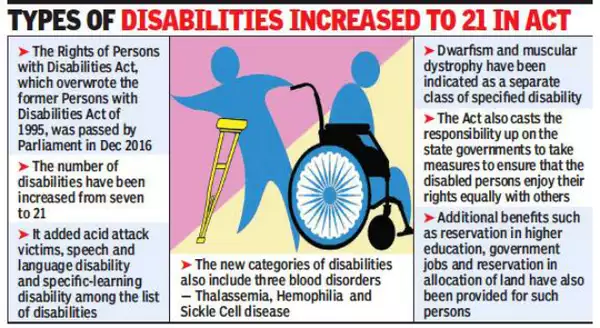Free Courses Sale ends Soon, Get It Now


Free Courses Sale ends Soon, Get It Now



Copyright infringement not intended
Context - The Union Government has not reconstituted Central Advisory Board (CAB) on Disability since 2020.
Details
Rights of Persons with Disabilities Act, 2016

Copyright infringement not intended
https://epaper.thehindu.com/Home/ShareArticle?OrgId=GH39T8USJ.1&imageview=0
https://t.me/+hJqMV1O0se03Njk9
© 2024 iasgyan. All right reserved